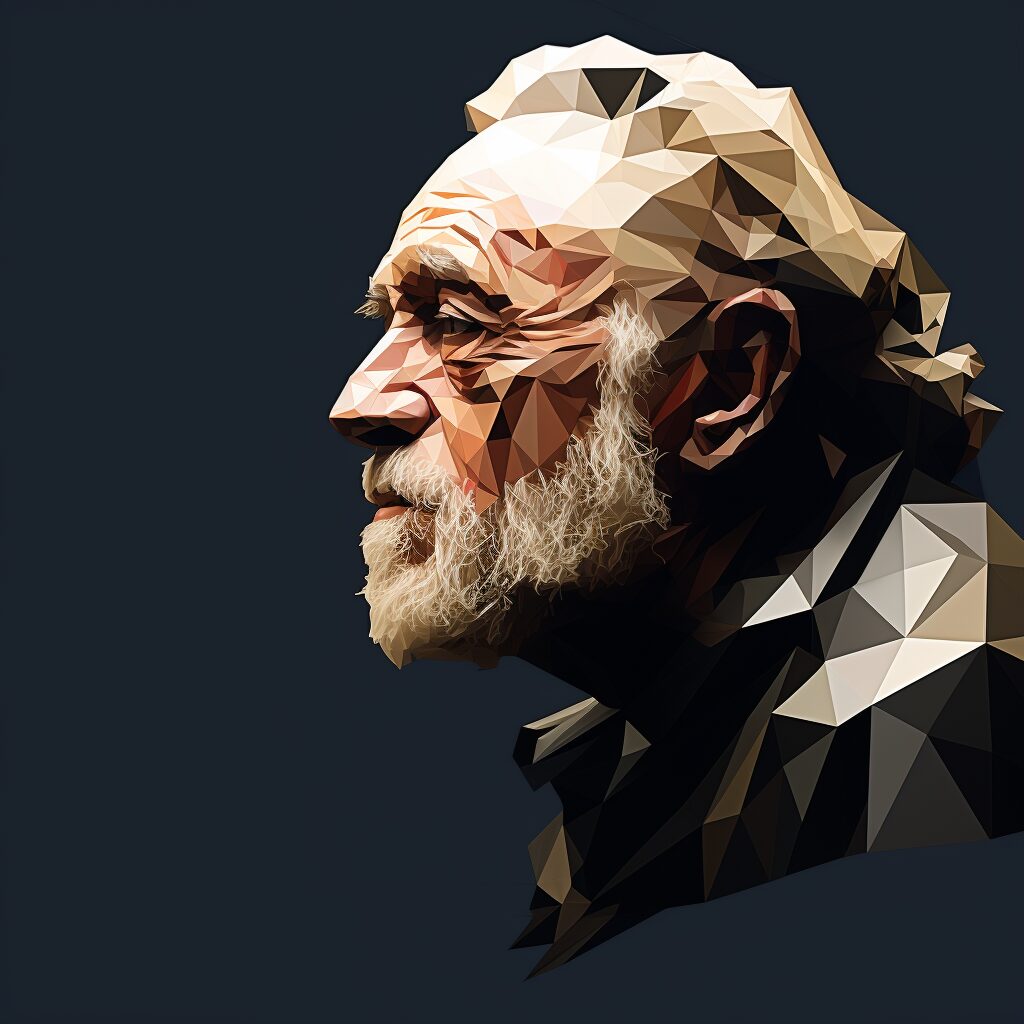Theodore Roethke Quotes
- Poet
- USA
- 1908
Theodore Roethke was an American poet known for his introspective and lyrical style. He was born in 1908 in Saginaw, Michigan and grew up in a greenhouse owned by his family, which greatly influenced his writing. Roethke’s work often explored themes of nature, childhood, and the human psyche….Read More
Theodore Roethke was an American poet known for his introspective and lyrical style. He was born in 1908 in Saginaw, Michigan and grew up in a greenhouse owned by his family, which greatly influenced his writing. Roethke’s work often explored themes of nature, childhood, and the human psyche. He received critical acclaim for his collections “Open House” and “The Waking,” which won the Pulitzer Prize for Poetry in 1954. Other notable works include “The Lost Son” and “Words for the Wind.” Roethke’s writing has been praised for its musicality and depth of emotion. He is considered one of the most influential poets of the 20th century and his work continues to be studied and celebrated today.Read Less
Theodore Roethke was an American poet known for his introspective and lyrical style. He was born in 1908 in Saginaw, Michigan and grew up in a greenhouse owned by his family, which greatly influenced his writing. Roethke’s work often explored themes of nature, childhood, and the human psyche. He received critical acclaim for his collections “Open House” and “The Waking,” which won the Pulitzer Prize for Poetry in 1954. Other notable works include “The Lost Son” and “Words for the Wind.” Roethke’s writing has been praised for its musicality and depth of emotion. He is considered one of the most influential poets of the 20th century and his work continues to be studied and celebrated today.
25 Top Theodore Roethke Quotes
Theodore Roethke Career Highlights
- Roethke’s first collection of poetry, “Open House,” was published in 1941 and received critical acclaim. It was followed by several other collections, including “The Lost Son” (1948), “Praise to the End!” (1951), and “The Far Field” (1964).
- In 1954, Roethke won the Pulitzer Prize for Poetry for his collection “The Waking,” which is considered to be his most significant work.
- He taught at several prestigious universities, including Michigan State University, Bennington College, and the University of Washington, where he mentored and influenced many young poets.
- Roethke’s work has been translated into multiple languages and has been widely anthologized. He is considered one of the most influential poets of the 20th century.
Key Contributions by Theodore Roethke
- Roethke’s poetry is known for its exploration of the human psyche and the complexities of the human experience. He often delved into themes of love, loss, and the search for identity.
- He was a master of form and structure, using traditional poetic techniques such as rhyme and meter in innovative ways to create a sense of musicality in his work.
- Roethke’s use of nature as a metaphor for human emotions and experiences was groundbreaking and has influenced many poets who came after him.
- He was a mentor to many young poets, including Sylvia Plath, who studied under him at the University of Washington and credited him as a major influence on her work.
What Sets Theodore Roethke Apart
- Roethke’s poetry is deeply personal and introspective, often drawing from his own experiences and struggles with mental illness. This vulnerability and honesty in his writing set him apart from other poets of his time.
- He was known for his intense and passionate teaching style, which left a lasting impact on his students. Many of them credit him for shaping their writing and careers.
- Roethke’s use of traditional poetic techniques in a modern and innovative way set him apart from his contemporaries. He was able to create a unique and distinct voice in his poetry.
Takeaways
- Theodore Roethke’s poetry is a testament to the power of self-expression and the exploration of the human psyche.
- His use of nature as a metaphor for human emotions and experiences is a technique that has been widely adopted by poets.
- Roethke’s influence as a teacher and mentor has left a lasting impact on the literary world, and his work continues to inspire and influence new generations of poets.






